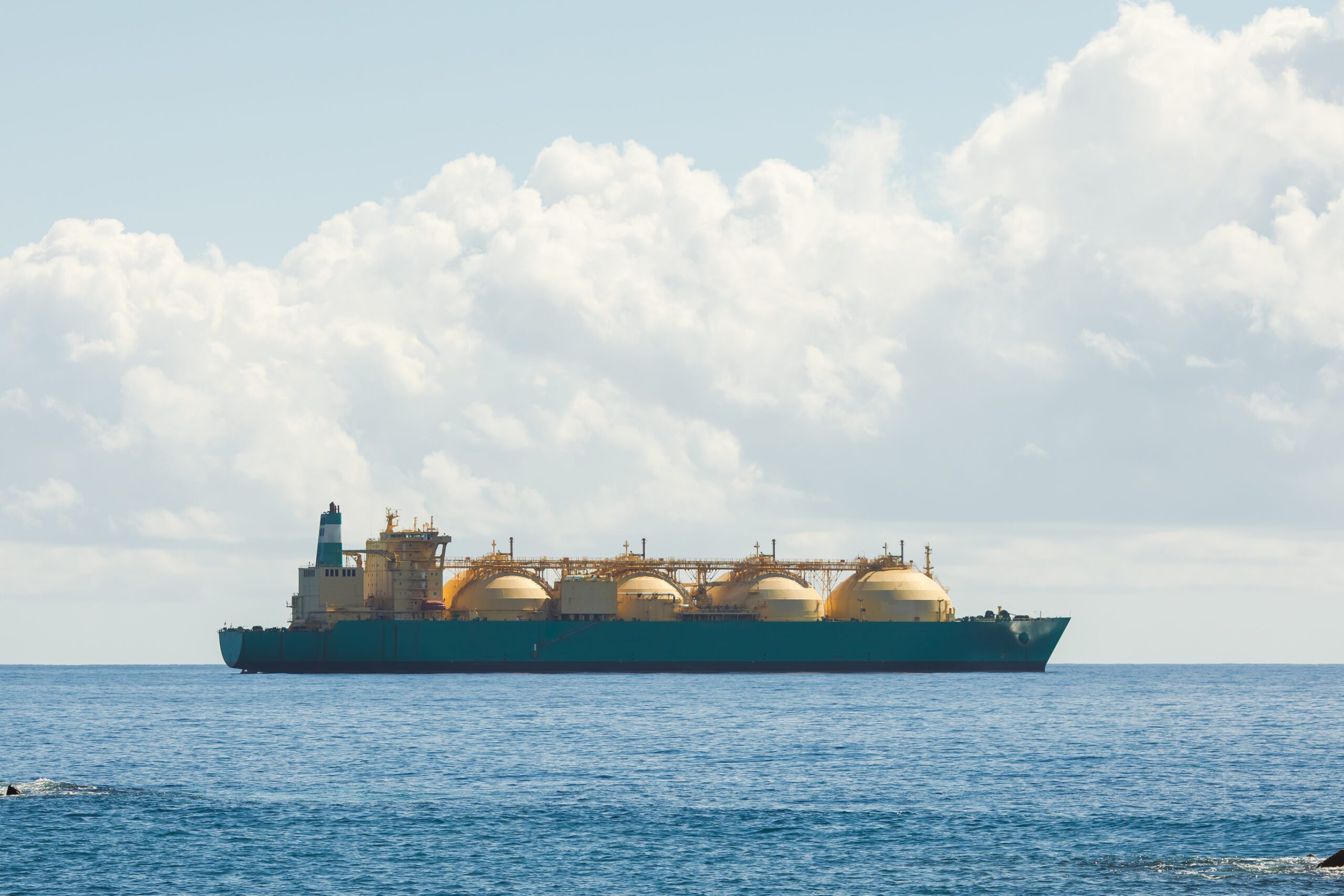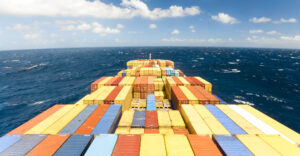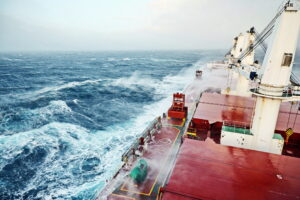European Union countries have increased their imports of liquefied natural gas (LNG) from Russia compared with before the Ukraine war, an analysis showed.
EU countries are estimated to have spent nearly €5.3bn buying over half of all Russia’s LNG during the first seven months of 2023, with Spain and Belgium the second and third largest buyers worldwide.
Countries in the European Union are buying significantly more Russian LNG now than they did before the invasion of Ukraine, with Spain and Belgium only just beaten by China as top buyers, according to Global Witness analysis based on shipping data from Kpler.
Between January and July 2023, EU countries bought 22 million cubic meters of LNG, compared with 15 million cubic meters during the same period in 2021, a jump of 40%.
Using Russian LNG prices estimated by the Centre for Research on Energy and Clean Air based on spot and monthly trade values, Global Witness projects the EU’s 2023 purchases to be worth €5.29 billion.
This is a much sharper rise than the global average increase in Russian LNG imports, which stands at 6%. EU countries now buy the majority of Russia’s supply, propping up one of the Kremlin’s most important sources of revenue.
Between January and July 2023, the EU bought 52% of Russia’s exports, compared to 49% in 2022 and 39% in 2021.
In March 2023, EU Energy Commissioner Kadri Simson urged member states and EU companies to stop buying Russian LNG.
And Spanish Energy Minister Teresa Ribera asked Spanish buyers not to sign new Russian LNG contracts, calling the situation ‘absurd’.
Recent research by Global Witness has revealed that Spain is now the second largest buyer of Russian LNG worldwide, with Belgium close behind.
During the first seven months of 2023, Spain took 18% of Russia’s total sales, while Belgium took 17%. China bought 20%. During the same period in 2021, Spain ranked 5th and Belgium 7th.
Jonathan Noronha-Gant, senior fossil fuel campaigner at Global Witness said: “Europe’s fossil gas-based energy system is a climate disaster and security risk, funding warmongering regimes and fuelling deadly extreme weather. That national capitals are buying more LNG from Russia than before the war shows that we are simply not moving fast enough to replace gas with renewables.”
“Governments need to wake up to the reality of our dependence on fossil gas and come up with an emergency plan for a full phase-out – starting with a ban on the trade of the Russian gas which is lining Putin’s pockets.”
“Buying Russian gas has the same impact as buying Russian oil. Both fund the war in Ukraine, and every euro means more bloodshed. While European countries decry the war, they ‘re putting money into Putin’s pockets. These countries should align their actions with their words by banning the trade of Russian LNG that is fueling both the war and the climate crisis,” Jonathan Noronha-Gant added.



